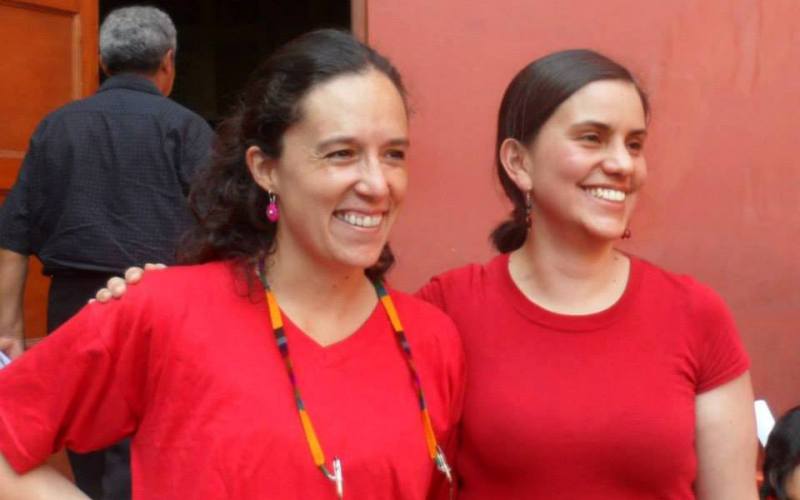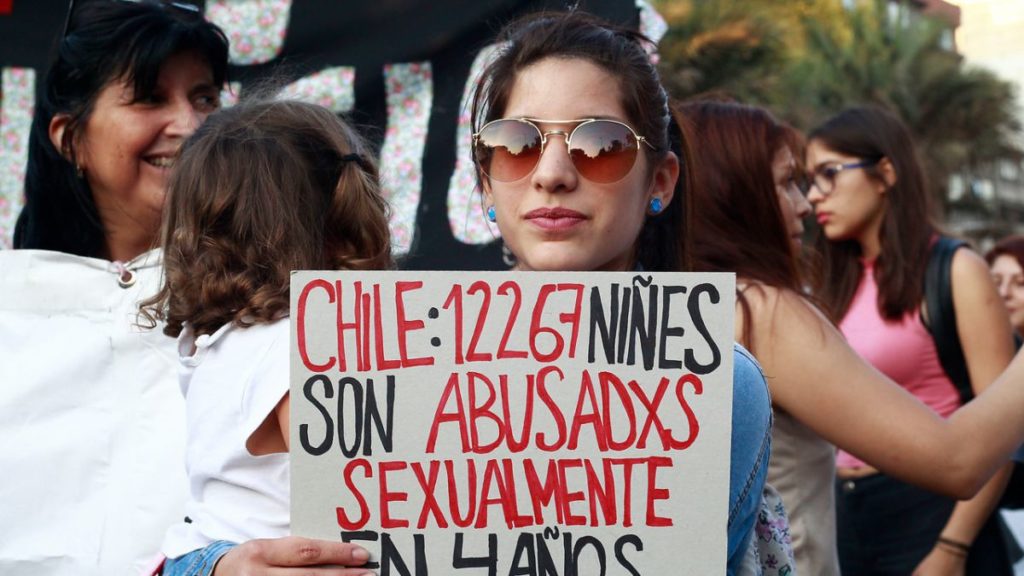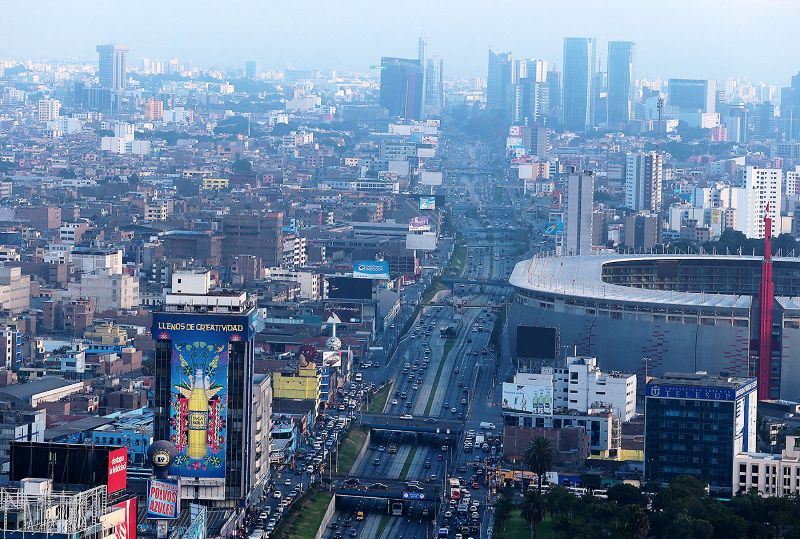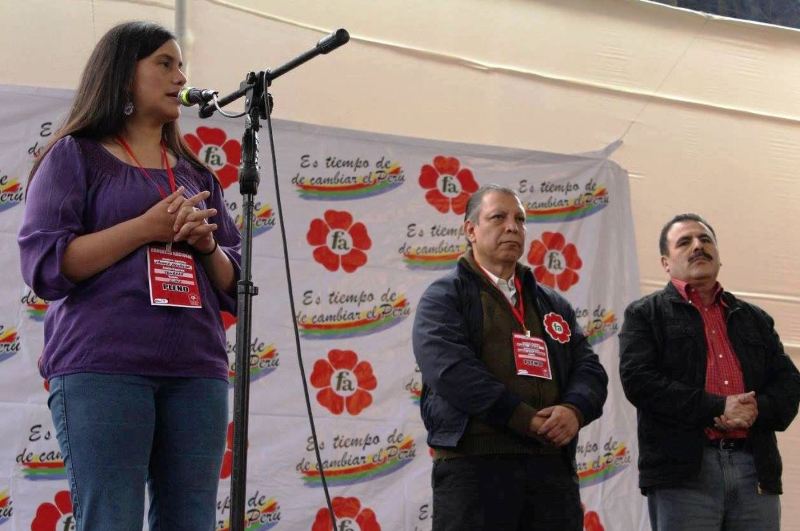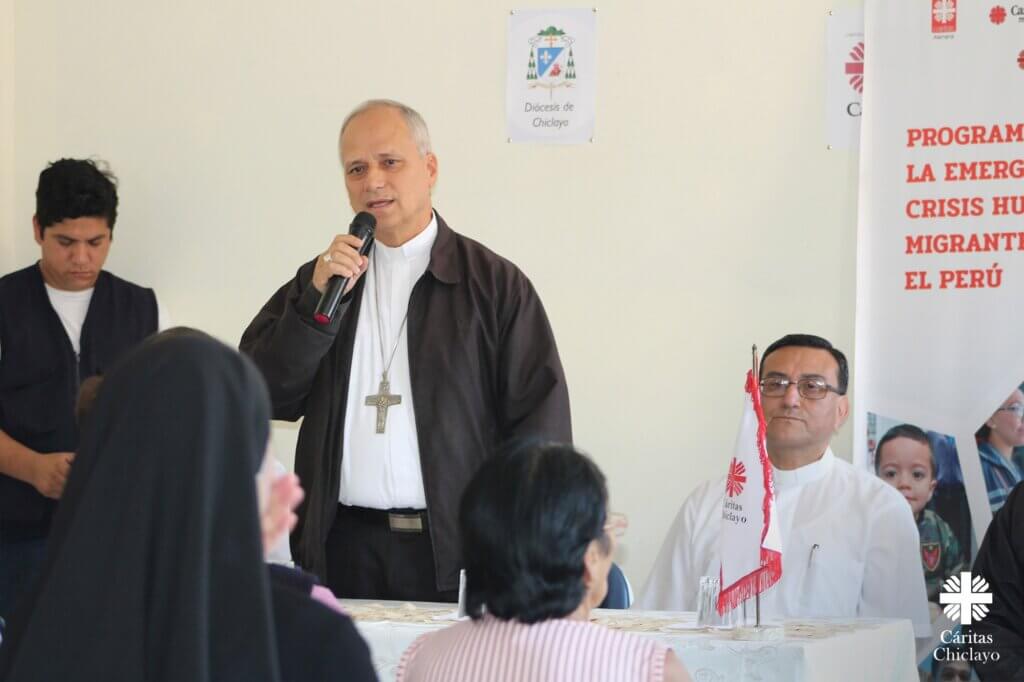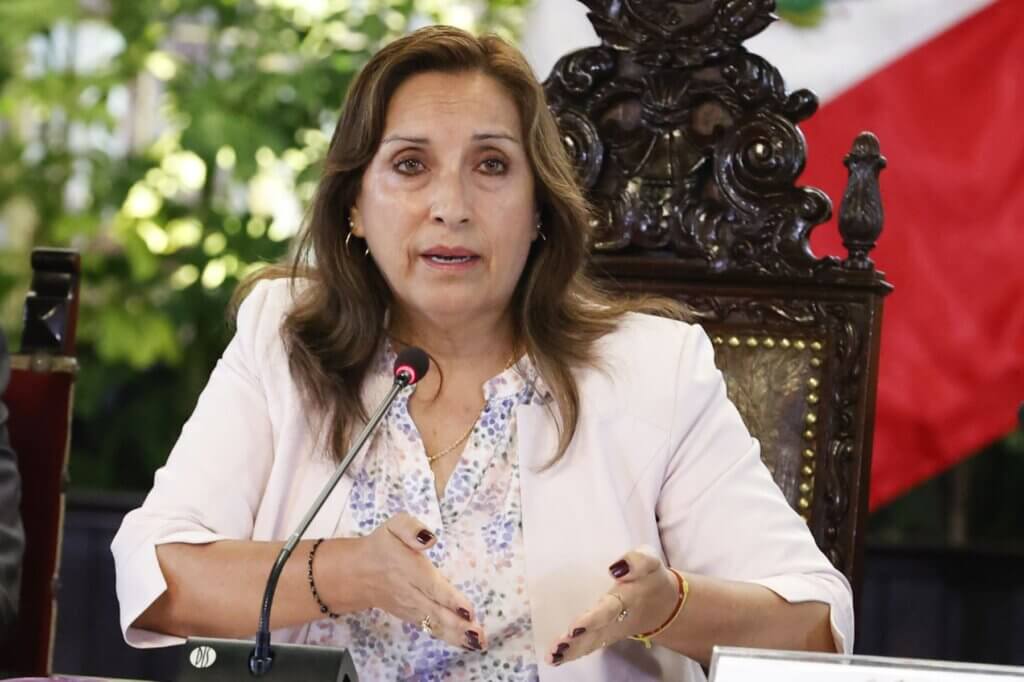A Broad Front congresswoman’s unprecedented condemnation of Venezuela’s government may forecast a pivot from leftist leader Veronika Mendoza.
“Condemnation” is almost too strong of a word for yesterday’s Facebook post from congresswoman Marisa Glave, who did not use the words “dictatorship,” “human rights,” “violence” or “crisis,” but did devote a few words to condemn “the Venezuelan right.” But it marked the first time a Broad Front politician has criticized the Venezuelan government of President Nicolas Maduro.
“We cannot lose our ability to raise our voice and criticize. My personal belief is that what has happened in Venezuela is the rupture of the constitutional order and we cannot turn a blind eye,” Glave wrote in distinguishing her position from that of the party. Her post came on a day which saw a police officer killed, dozens injured and over 100 people arrested in nationwide protests against the government.
“Maduro’s actions at this time, particularly the decision to block the right to a referendum, only reflect the regime’s fear of the people, its loss of legitimacy and therefore the use of authoritarianism to stay in power.”
Glave’s dipping her toe into the waters of moderation comes during a well-documented division in the party between one faction headed by party founder Marco Arana, who barely won his congressional seat in Cajamarca, and another led by Veronika Mendoza, whose popularity drove the party to win 20 seats in Congress.
Glave, a high-profile legislator in Mendoza’s camp, published her personal opinion a week after Mendoza was featured in Americas Quarterly as one of Latin America’s top five politicians under 40 years old.
“As [Mendoza] herself pointed out, the personality-driven ‘caudillismo’ practiced by left-wing leaders like Venezuela’s Hugo Chavez and his successor, Nicolas Maduro, is outdated and undemocratic,” Mitra Taj writes in her profile of Mendoza.
“Mendoza admitted [that not backing a congressional resolution condemning Maduro’s government] was a lost opportunity to display her vision for a different kind of leftist movement. Her coalition should have ‘taken the initiative’ with its own motion condemning human rights violations in Venezuela. Maduro, she added, should have heeded calls for a referendum ‘a long time ago’.”
But Mendoza must tread carefully before moderating her message to appeal to a broader audience. Skimming the comments on Glave’s post illustrates the possibility of alienating Broad Front’s extremist base.
“The situation is complex. The Venezuelan right is dedicated to systematically weakening the Bolivarian government of Venezuela and we are not going to give them what they want,” Oscar Guerrero commented on Glave’s post. “The Venezuelan government has made mistakes but that does not make it a dictatorship. Don’t be naïve. We all know politics so we should not fall for the devil’s tricks.”
“In which ‘dictatorship’ in the world does the opposition win control of parliament in democratic elections held during a true ‘dictatorship’ and demand the departure of the ‘dictator’ simply because he wants to complete the constitutional mandate for which he was elected?” Alejandro Espejo asks. “Check the definition of dictatorship,” Espejo responds to another user.
Mendoza is like the Republican Party under Donald Trump in needing to build support in order to win any degree of power over policymaking, but building that support requires taking positions that would alienate an irrational base committed to an ideology that is out of touch with reality.
Calling Venezuela’s government a “dictatorship” or pointing out that millions of illegal immigrants have benefited the U.S. economy would each be demonstrably true by any objective measure. But for Mendoza to say the former or Trump to say the latter in an effort to build a bigger tent risks losing all of the established followers.
While Mendoza is a rising star, it’s worth nothing that Broad Front won less than 19% of the vote in 2016 elections. Adding the votes for anti-mining firebrand Gregorio Santos still doesn’t give the hard-left even a quarter of total votes. Meanwhile pro-business candidates won more than two thirds of Peru’s voters and more than three quarters depending on how you categorize Alfredo Barnechea.
The very premise of Broad Front to change the “economic model,” which has made Peru a regional star by leading Latin America in GDP growth and poverty reduction over the last generation, in favor of a model similar to the region’s basket cases is a difficult sell if not a losing strategy. Mendoza appears to be aware of that and may be planning a pivot.
Mendoza is faced with leading a niche, minority coalition in Congress with hard-left ideas or moderating her policies in order to have any chance of actually implementing them. Because she won’t ride the 2016 platform to significant success in Peru any time soon.
“The left has to be in touch with reality, not abstracted by dogmatisms,” Mendoza told Americas Quarterly. “It has to be connected to the people, ready to adapt to their needs.”
Sources
Marisa Glave (Facebook)
AQ Top 5 Politicians Under 40: Verónika Mendoza (Americas Quarterly)


